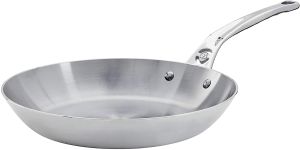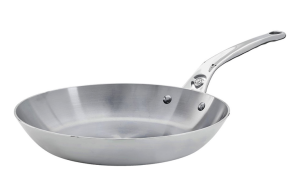Language
WORLDWIDE SHIPPING | ONLY UNTIL 11/09: Get a COMPLETE block of 5 forged knives FOR FREE when you spend at least €750 on polycarbonate and silicone moulds!
Iron pan with stainless steel handle MINERAL B PRO D. 24 by De Buyer
€58.00
€47.54
Availability:
Out of stock
Iron pan with Lyonnaise profile to allow food to slide easily on a plate; ideal for browning, grilling, browning.
The Mineral B pan in heavy quality iron coated with beeswax: the protective finish against oxidation, facilitates seasoning.
Improved non-stick qualities when used for the first time.
Thick non-deformable structure.
Excellent caramelization of food.
Natural non-stick properties: gradual curing.
Riveted handle in cast stainless steel with French curvature: easy handling; ergonomics.
Tip: preheat with a little fat.
Season on first use.
Care: blend, rinse with warm water, dry and lightly grease. Store in a dry place.
Do not use detergents or put in the dishwasher.
Suitable for all hobs, including induction.
Diameter cm. 24
FAQs

 IT
IT FR
FR
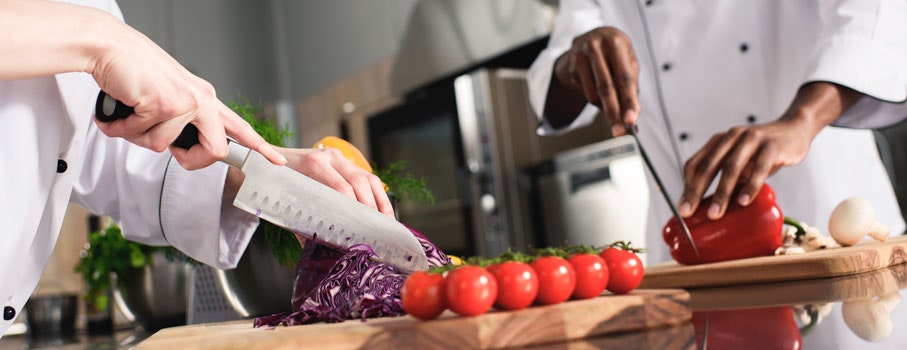
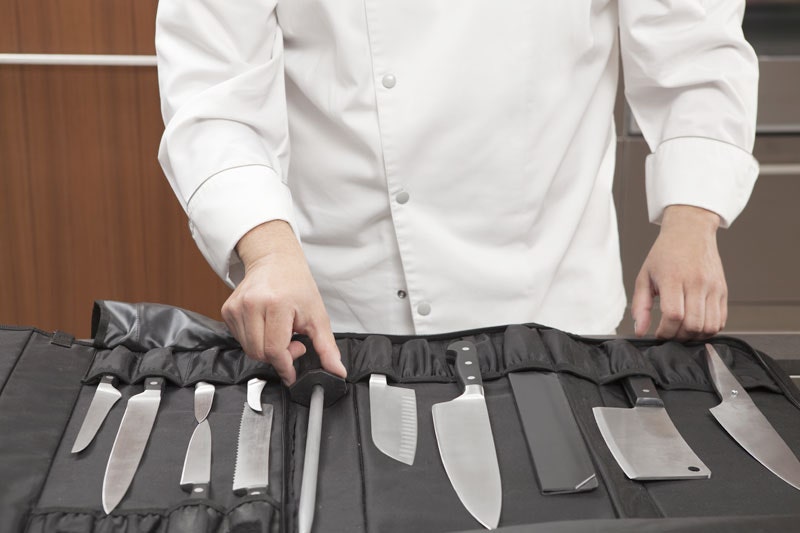
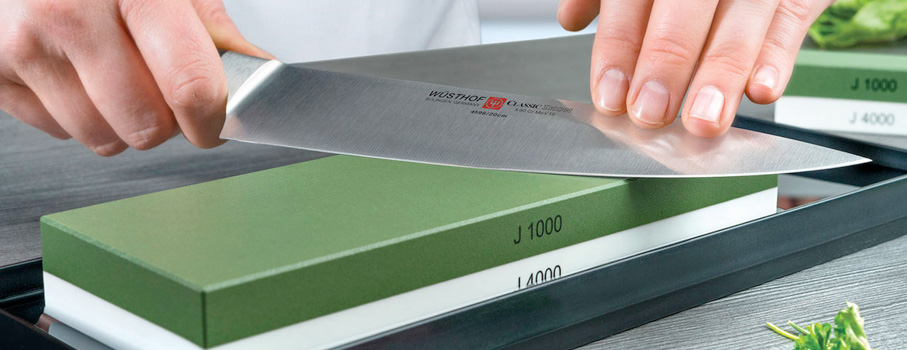
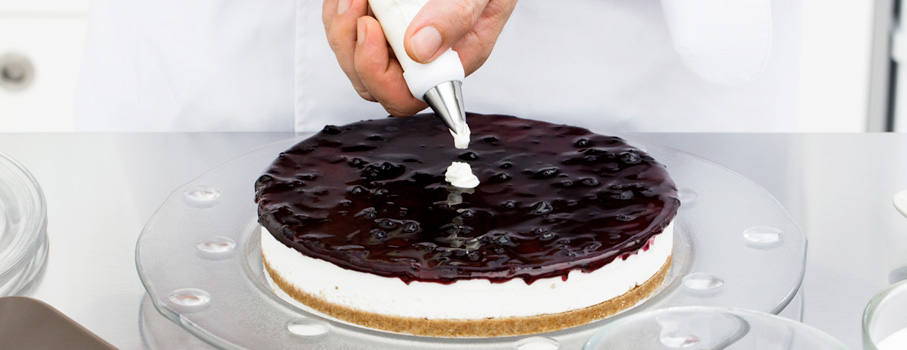

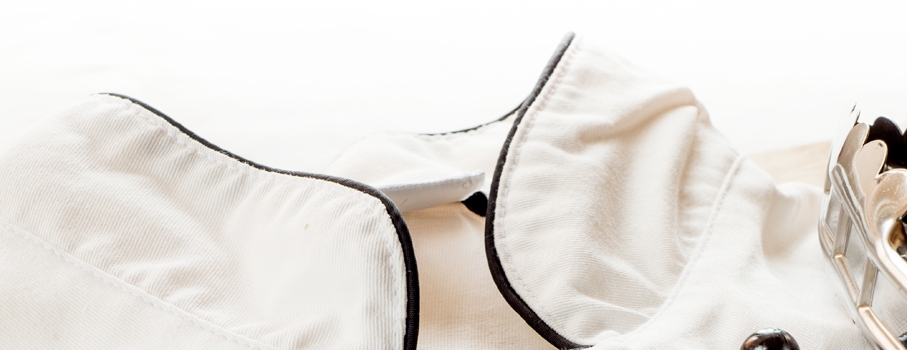
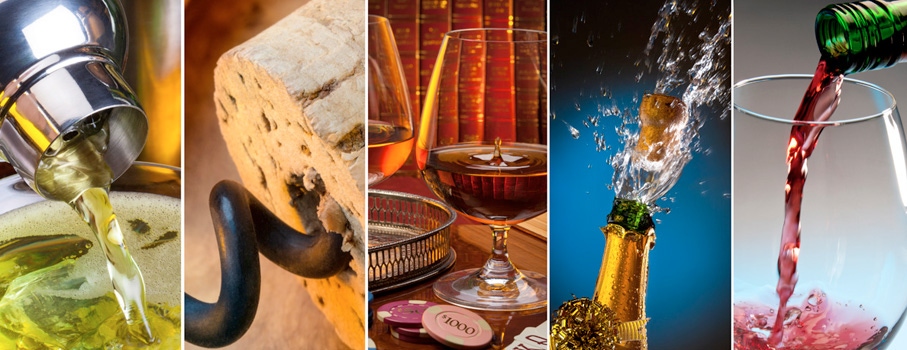
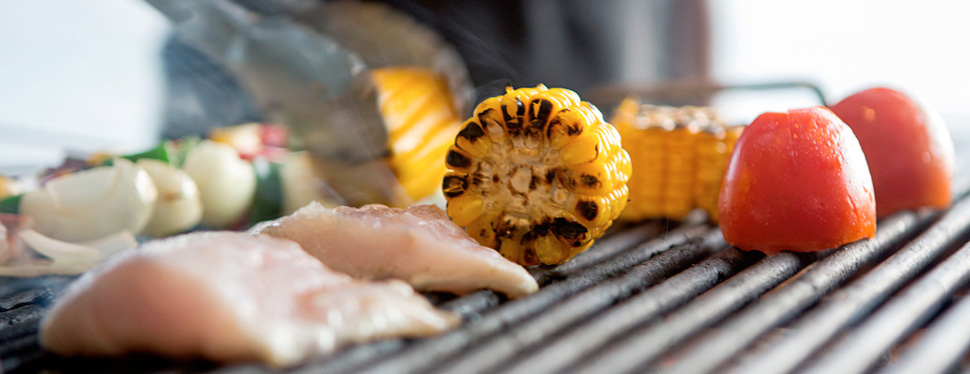

 IT
IT FR
FR

